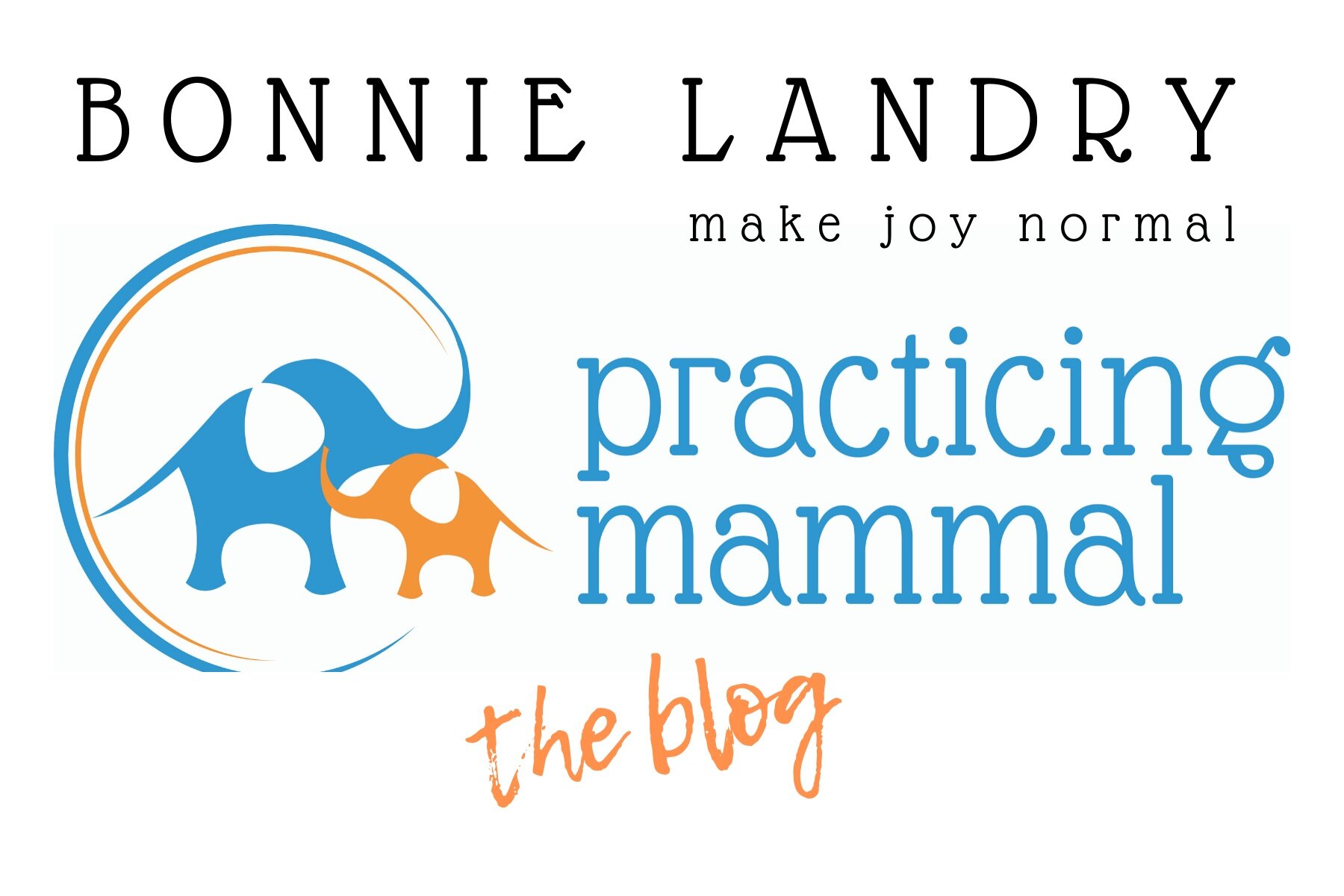dictation: what does it look like?
Well, it looks pretty cozy. We are sitting together, looking at language and discussing it. For a few minutes. Dictation for a high schooler looks more closely at the technical aspects of language, fine tunes understanding, finds ways to commit to memory words or concepts that are obtuse. We are developing interest in an atmosphere of joy.
A typical conversation might discuss the difference between affect and effect, or the root of psychological. We might discuss the origin of the word, and develop a way to remember its unusual spelling. We would probably discuss the suffix -ical. We recognize that it changes the noun form *(psychology) of the word into an adjective. By looking it up together, we'd find out that -ic and -al are actually two different suffixes that sometimes get joined together; -ic is a poetical suffix form and -al is a rhetorical form. What do those terms mean...? We discuss them, or look them up. We've developing a brain in an atmosphere of joy.
We might discuss the moral truths presented in a piece of writing. An excerpt from a book might lead to a discussion of the book's theme, or its relevance to our own lives. We might have opportunity to discuss a character's actions and the level of their culpability. When we dissect a poem, we uncover flaws or truths that might reflect the poet's own biases or upbringing. We are forming children in an atmosphere of joy.
There is a lot of obtuseness in the English language. But that's okay, they seem to get it all eventually. Dictation for a high schooler also starts to delve deeper into the beauty of language, what is the writer's intent, what imagery is he using, what poetic devices does he employ? Are they effective? IT IS SO INTERESTING. It's the SCIENCE of language. Asking questions, doing research, gathering data, constructing hypothesis, testing, analyzing, drawing conclusions, reporting results...these are the elements of every excellent discussion. Discussion and reflection, every day, drip, drip, drip. We are learning the scientific method, in a blessed atmosphere of joy.
Writing a sentence or a paragraph or an essay contains the same elements, except we are focusing on these same things within the context of their own writing instead of the writing of another. And the GET the ideas because they've spent so much time discussing the purpose of writing, the strengths and weaknesses, and they've been fed the good, the true and the beautiful.
Literature study is family reading. We read together around the kitchen table at breakfast and lunch. We don't just study the geography, history or culture of a place presented in our books. We discuss plot, character, conflict, theme...it is the very natural outcome of people who are interested and have been led down the socratic path.
I love this life.

